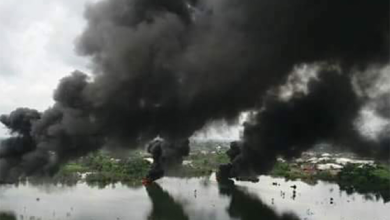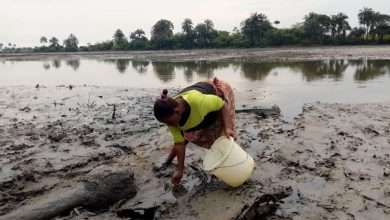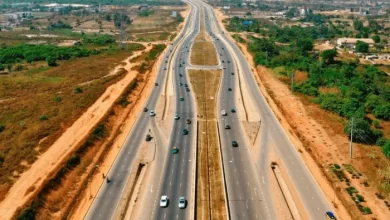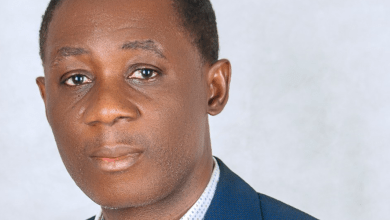HYPREP sets up committee to sustain water supply in Ogoni communities – Tribune Reports
The Hydrocarbon Pollution Remediation Project (HYPREP) has set up a committee comprising experts, community representatives and other Ogoni stakeholders to fashion out a water policy framework for sustainable potable water supply to the Ogoni communities.
This followed the decision reached at a two-day workshop on Sustainable Potable Water Supply to Ogoni communities in Rivers State, with a view to making the various ongoing water projects embarked upon by the project on completion to stand the test of time.
The workshop, which was recently held in Port Harcourt, attracted personalities from far and near with a visit to the water project sites in Khana, Gokana, Tai and Eleme local government areas.
In his address, the project coordinator of HYPREP, Dr Ferdinand Giadom, said the provision of potable water is a key derivable of the project as recommended for implementation in the United Nations Environment Programme (UNEP) report on Ogoniland.
Giadom noted that Ogoni is not a virgin land when it comes to water schemes as the place is replete with all kinds of water facilities ranging from mono-pumps, neighbourhood water scheme to the urban type with city wide reticulation, provided at various times by different donors and government agencies.
He pointed out that what was lacking was a sustainability plan that had rendered all such efforts at providing potable water for the people moribund.
While highlighting the fact that the mission of HYPREP to provide safe drinking water for Ogoni communities began in earnest in 2021, when former Minister of Environment, Dr Mohammad Abubakar, flagged off the construction of six water contracts in Bori, Giadom said lack of sustainability, which had been the bane of all previous efforts to provide potable water in Ogoni was the reason for the convocation of the workshop.
Giadom further indicated that as a first step towards achieving the sustainability plan of the water projects, HYPREP has commenced discussions with the relevant authorities to connect Ogoniland to the national grid.
In his goodwill message, the Manager, Ogoni Restoration Project, Shell Petroleum Development Company (SPDC), Dr Vincent Nwabueze, expressed delight over the workshop, stressing that a lot of water schemes were installed in Ogoniland but could not see the light of day.
He noted that the essence of having the workshop was to ensure that Ogoniland has sustainable drinking water, saying, “SPDC is declaring our solidarity and support to this project.”
On his part, GbenemeneTuaTua Tai and paramount ruler of Kpite Tai, King Samuel Nnee thanked the management of HYPREP for the bold step at ensuring that Ogoni people reap the benefits of the ongoing water projects, saying, “Water is life. We will do all we can to support HYPREP”.
Also, the natural and paramount ruler of Barako community, Mene Kadilo Kabari commended HYPREP for the water project initiative and affirmed that the project was actually constructing a brand new water project in his area.
One of the resource persons at the event and Professor of Engineering and Environmental Geology at the University of Port Harcourt, Professor Enuvie Akpokodje, stressed the need for collaboration, saying it is keyed for the water projects to be sustainable.
He also harped on the need for all HYPREP projects not to be politicised.
An institute and governance expert, Professor Johnson Otun, also presented a keynote paper geared towards sustainability of potable water supply in Ogoniland.
However, the presentation of Joseph Iyaye of the Bonny Utility Company Water Sustainability Model actually set the tone of the general discussions.
The participants stressed the need for Ogoni communities to be connected to the national grid, just as solar-powered and wind facilities should be installed to power the water projects.
On administration, it was agreed by the participants that there should be a management water board with training components. It was also agreed that funding of the projects should not be left in the hands of the government but funded by the people themselves.
The participants stressed the need for sensitisation to be intensified so as to improve security at the water project sites.




